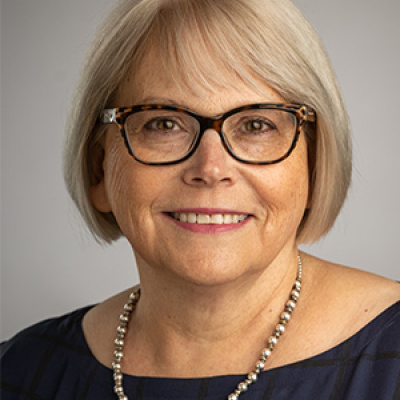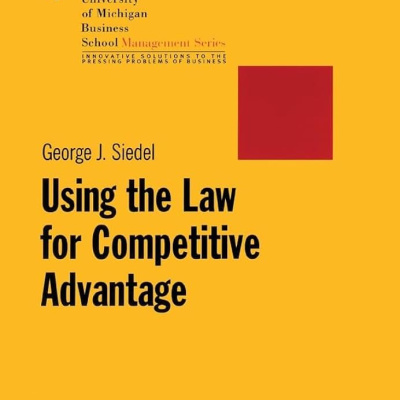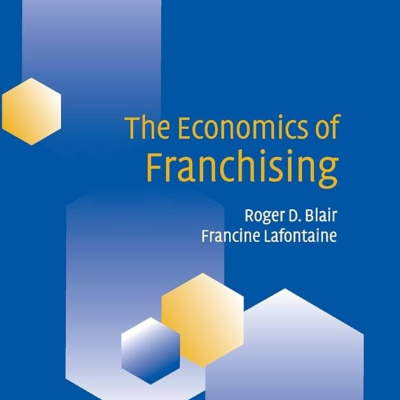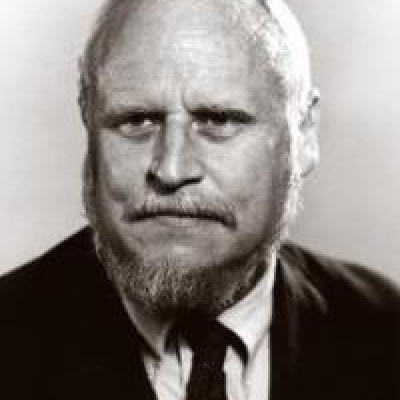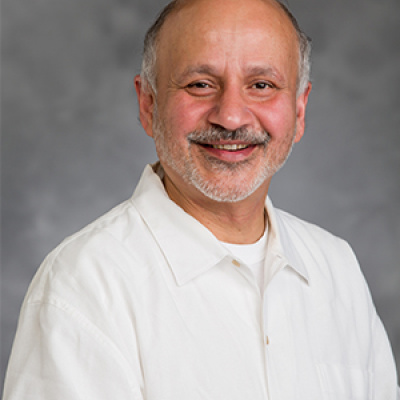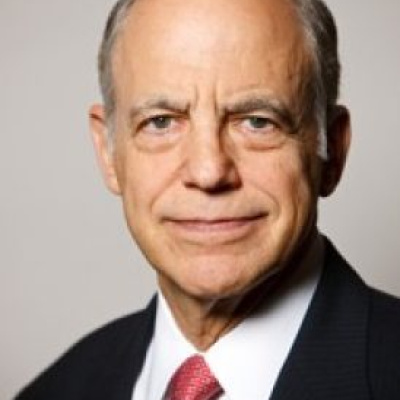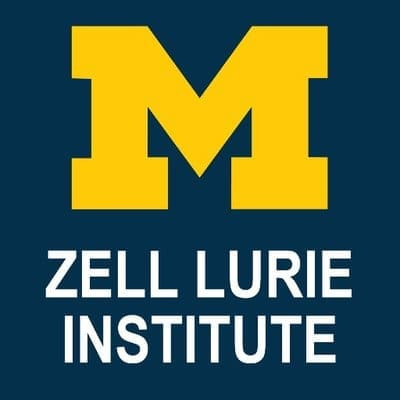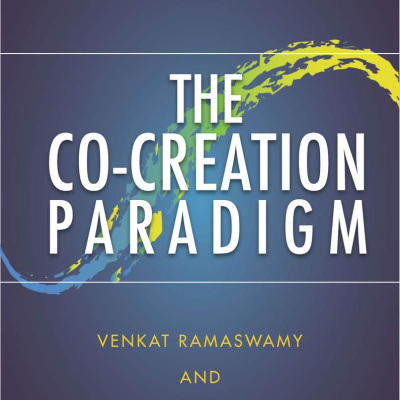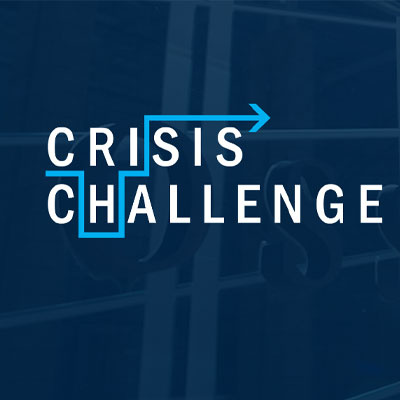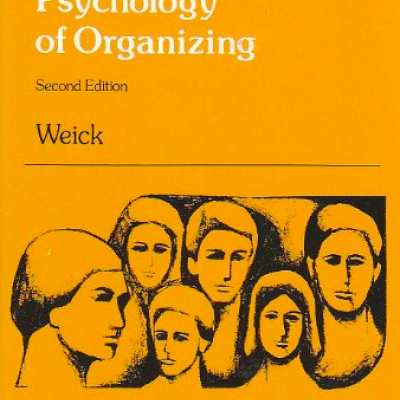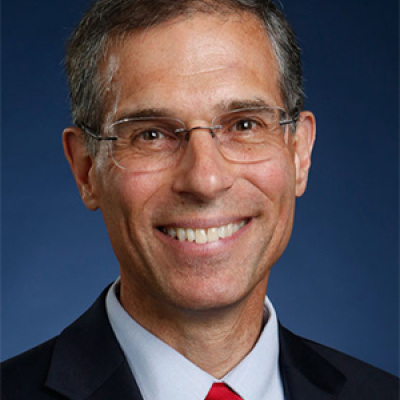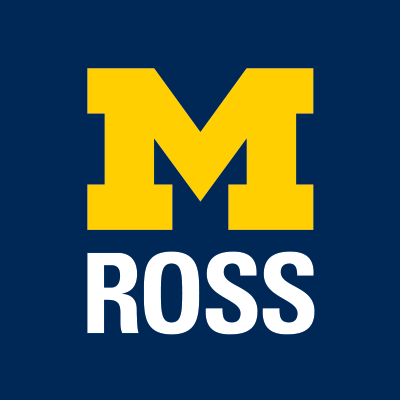Explore the faculty research, thought leadership, and groundbreaking philosophies that established Michigan Ross as one of the world’s top business schools.

Since the COVID-19 pandemic, the public K-12 education system has faced significantly high teacher turnover and poor retention rates. Teachers have faced increasing pressure to achieve academic success while challenged with growing class sizes, reduced funding, and learning loss from the pandemic. This problem has been incredibly difficult to correct, and public school districts across the country have not been able to address it cost effectively.
In their paper, “Stopping the Revolving Door: An Empirical and Textual Study of Crowdfunding and Teacher Turnover,” Professors Samantha Keppler, Jun Li, and Andrew Wu conducted a study of data from the largest teacher crowdfunding site, DonorsChoose, to study the effect of crowdfunded projects on teacher retention. The team found that teachers are less likely to leave their schools and the state public school system when their projects are funded. Assessing teachers’ project request essays, they identified that teachers who received funding for unique projects or requested resources to improve their classroom environment had higher retention rates.
Their paper is the first to identify the effect of crowdfunding on teacher retention. It provides initial, strong evidence that the effect is positive, showing that teachers funded on DonorsChoose are 1.6 percentage points (pp) less likely to leave their schools and 1.9 pp less likely to leave the teaching profession — a 14% and 41% reduction versus baseline turnover and attrition rates, respectively.
Due to the demonstrated impact of teacher-driven crowdfunded projects, DonorsChoose has partnered with eight states to spend COVID-19 education relief funding on teacher crowdfunding projects. To date, these partnerships have funded over $100 million of teacher projects from over 100,000 teachers, impacting over 10 million students.

”Bifurcation of the Owner and Operator Analysis" was published by Professor Lynda Oswald in 1994. Her research was cited and quoted extensively by the U.S. Supreme Court in its unanimous decision in United States v. Bestfoods (1998) in clarifying parent corporations' direct and indirect liability for their subsidiaries’ actions in the context of CERCLA liability and hazardous waste cleanup. The liability of a parent corporation for the acts of the subsidiary is a complex issue that permeates all areas of corporate law and business relationships, and is not confined to the environmental context found in Bestfoods. Oswald’s research has since informed the decisions of over 55 additional courts -- federal trial and appellate courts as well as state appellate and supreme courts -- in business law contexts as varied as environmental liability, whistle-blowing under the Sarbanes-Oxley Act, the Racketeering-Influenced Corrupt Practices Act (RICO), employment discrimination, medical malpractice, negligence, bankruptcy, and real estate transactions.
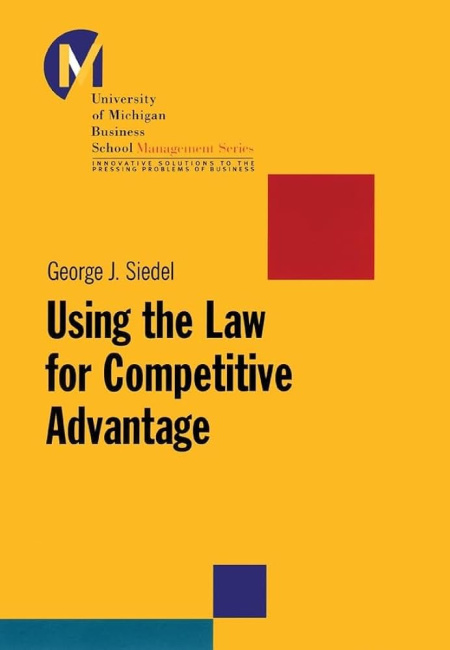
Professor George Siedel was a pioneer in developing the concept of law as a source of competitive advantage. This concept originated in his 2002 book: Using the Law for Competitive Advantage. In an article in the Academy of Management Executive, Robert Thomas (past president of the Academy of Legal Studies in Business), concluded that the book "is trailblazing in its assertion that legal issues are critical strategic variables in business planning." Siedel later emphasized an international dimension to his work in his 2010 book: Proactive Law for Managers: A Hidden Source of Competitive Advantage. This work has served as a foundation for academic and practitioner interest in the design and simplification of contracts and other legal documents.
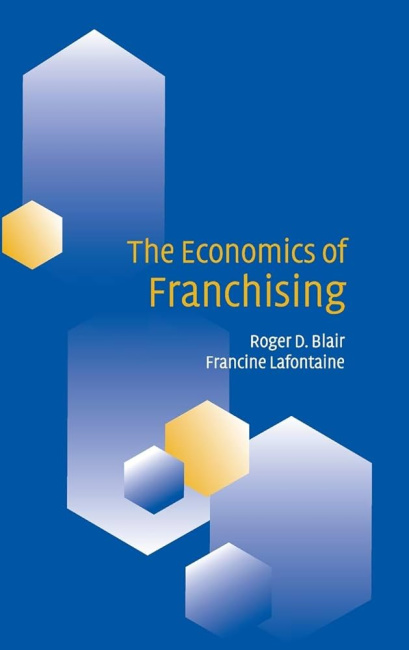
Franchised chains have an outsize influence on the economy: firms involved in a variety of business activities are organized as franchised chains and they employed over 9.6 million workers in the United States in 2017 according to the Census Bureau. Professor Francine Lafontaine's pioneering work on franchising shows that the success of this organizational form across various sectors results from the franchisor and franchisee specializing in the activities they are best suited to. Specifically, the franchisor specializes in creating and supporting the business format and brand, where scale is especially beneficial, and the franchisee optimizes operations locally, where their knowledge and efforts are particularly valuable. Lafontaine's work in this area has informed the choices that franchisors make and the nature of the contracts they use, and also the debate over legislation that aims to address the alleged shortcomings of the franchising organizational form.
Her work suggests caution in developing potential public policy changes as consumers, existing and potential franchisees, as well as their employees stand to lose in the long term if franchising becomes less competitive as a form of organization. More broadly, Lafontaine's research has made seminal contributions to our understanding of how firms interact with each other in the process of procuring inputs or distributing their products, and prompted her appointment as Director of the Bureau of Economics at the FTC in 2014-15. In particular, her research has shown that factors driving vertical integration and vertical contracting can be very different from those motivating horizontal mergers, so analyses of vertical mergers should start from a different premise compared to analyses of horizontal mergers. Her detailed analyses of franchise contract terms, as described in her book The Economics of Franchising, provide further reasons why, in her view, the rule of reason continues to be the right approach in antitrust cases involving vertical restraints.

Michigan Ross has long been a pioneer in entrepreneurial education, introducing the nation's first course on entrepreneurship in 1927. However, in the early 1970s, Professor LaRue Hosmer played a pivotal role in championing entrepreneurship education at Ross. He developed and taught courses in small business management and a seminar on small business formation. He is considered the founder of the Michigan Entrepreneur Track and has also inspired present-day entrepreneurship faculty at Michigan Ross, including Professor Andy Lawlor. Lawlor was a student in Hosmer's entrepreneurial management course in 1973, and Hosmer has been an important mentor to Lawlor, helping to bridge the gap between business and teaching. Lawlor began guest lecturing under Hosmer's guidance in 1975 and assumed the teaching responsibilities for the entrepreneurship classes in 1981. Over the years, many successful companies have been born from Hosmer and Lawlor's teaching.

Professor Gautam Kaul and two former PhD students, in their seminal 1994 study titled, "Transactions, Volume, and Volatility" convincingly argued and verified empirically that it is the occurrence of a trade in a certain direction rather than its dollar value (or volume) that has the greatest effect on prices, hence the greatest relevance when assessing the liquidity of the market where that trade took place. A trade sign is determined by the buyer or seller's information, while market conditions determine trade amount and price. This is a simple yet extremely powerful notion that was originally predicated in theory but had no empirical support before their 1994 study. The publication of this study opened the door to the accurate measurement and needed assessment of market liquidity. These days, the approach they recommended is widespread in its use.

Professor Kenneth Lieberthal was a pioneer in the practice of business school professors contributing their knowledge in public service to society. Lieberthal served as the senior director for Asia for the U.S. National Security Council during the years 1998-2000.
During that same time, Lieberthal was also special assistant to President Clinton for National Security Affairs. His core academic research findings included a seminal analysis of China's bureaucratic system, which featured a nuanced and careful delineation of the fragmented nature of China's political system in the late 20th century.
Lieberthal's research was able to explain why China, during that era, had weak policy implementation at times because of the fragmentation in its bureaucratic system. He was known for introducing U.S. policymakers to a nuanced and careful understanding of the Chinese governmental system and how it functions.

Established by Samuel Zell and Ann Lurie in 1999 as the first entrepreneurial studies program at the University of Michigan, the Zell Lurie Institute for Entrepreneurial Studies plays a vital role in developing the next generation of entrepreneurs and venture investors. The Institute offers various programs, competitions, and academic courses that give students the knowledge, skills, and motivation to develop a growth mindset and succeed as entrepreneurs.
Since its inception, the Institute has supported more than 9,100 entrepreneurs. It provides students with hands-on experience in entrepreneurial environments where they create, lead, and shape innovative ventures.
The Institute also supports venture investing and plays a key role in connecting entrepreneurs with venture capital and grant funding. This access to funding is crucial for entrepreneurs looking to start or scale their businesses and allows Ross students to act as real venture capitalists.

Under the leadership of Marian Krzyzowski, Michigan Ross launched the Domestic Corps in 1992 with financial support from the United States Department of Education Fund for the Improvement of Post-Secondary Education. The Domestic Corps provided leadership development and action-based learning opportunities for Ross students while providing critical business assistance to the non-profit community in the United States. For 15 years, the Domestic Corps placed hundreds of students in more than 100 non-profit organizations nationwide, where they worked on projects in economically distressed and culturally diverse communities. That included Native American communities, inner city community-based organizations, and rural non-profits. The Domestic Corps also partnered with the University of Michigan's Neighborhood AmeriCorps Program to place MBA interns in 20 more than Detroit community-based organizations. The Domestic Corps projects helped raise millions of dollars, won national awards for community and economic development, and transformed numerous organizations while simultaneously providing students with management experience in challenging contexts and instilling a sense of corporate responsibility and social justice.

The original trading floor at the Michigan Business School was established in 1999. At the time, it was the 12th academic trading lab to be developed in the United States and one of the first in a large public university.
Later, with a generous donation by John and Georgene Tozzi, a new lab was built. Over the years, thousands of students have come through the lab.
Today, there are approximately a dozen investment clubs, seven of which meet weekly in the lab. When the lab was first getting started, the student-managed fund was at $95,000, which has since grown to $700,000.

"Co-creation as a revolutionary paradigm was introduced by Professors C. K. Prahalad and Venkat Ramaswamy in a series of articles published between 2000 and 2004 and an award-winning book, The Future of Competition. Their work provided a new frame of reference for jointly creating value through networked environments of increasingly digitalized experiences, going beyond goods and services, and called for a process of co-creation -- the practice of developing offerings, experiences, and unique value through ongoing interactions with customers, employees, managers, financiers, suppliers, partners, and other stakeholders. Through their work, they envisioned an individual and experience-centric view of interactive value creation and innovation.
Starting in 2005, the explosion of digital and social media, the convergence of technologies and industries, embedded intelligence, and information technology-enabled services enabled enterprises to build platforms for large-scale, ongoing interactions among the firm, its customers, and its extended network. Ramaswamy's work argued that success lies in connecting with people's experiences to generate insights and change the nature and quality of interactions. He also called for co-creation from the inside out of enterprises and their networks, as much as co-creation from the outside in, and for leaders to co-create transformative pathways.
In 2014, Ramaswamy published "The Co-Creation Paradigm", which combined the core ideas of co-creation with a call to see, think, and act differently in an interconnected world of possibilities and complex challenges to co-create a better future as individuals."

In the early 1990s, Professor Garry Brewer became dean of the U-M School of Natural Resources and the Environment. He approached Dean Joe White of the Michigan Business School with the concept of a dual-degree program to prepare future business leaders with an integrated education in both earth and management sciences. The concept took shape first in 1993 in the form of a graduate dual-degree program (originally called the Corporate Environmental Management Program) under the leadership of Professor Stuart Hart and then the Erb Institute after a generous grant from Fred and Barbara Erb in 1996 and a series of additional donations from other visionary donors. The dual-degree program was then incorporated into the Erb Institute and bolstered by the scholarly research of three newly endowed professorships. Nearly 30 years later, the Erb Institute has expanded dramatically to become a full-fledged, endowed institute with three chaired professors, an undergraduate Erb Fellows Program, more than 200 graduate and undergraduate students, and more than 750 alumni across 17 countries. In addition, the institute has an active agenda of scholarly and applied research and works to facilitate business engagement through business roundtables and global conference partnerships. Today, the Erb Institute is generally recognized as the leading business sustainability institute for research, teaching, and business engagement.

Currently organized by the Sanger Leadership Center, the Leadership Crisis Challenge partly came about based on Sue Ashford’s vision as the then head of the Ross Leadership Initiative and the enthusiasm of students wanting to create more venues to discuss complex and problematic business issues, such as the role of business in addressing society's most difficult problems and how businesses and other leaders might think about tensions between financial and environmental goals. Additionally, there was an interest in understanding how students, as future leaders, might best think about issues of corporate social responsibility. The LCC was intended to address those student interests by putting students in groups of four and asking them to exercise their courage, judgment, and integrity in response to a complex crisis situation and under strict time pressure. In the crisis challenge, students are confronted with a complex case for which there is no right answer or winning position – there are just tradeoffs. Built into the case are some of the most vexing questions of the day, including: What does a company “owe” the community in which it does business? Should the natural environment be sacrificed for shareholder wealth? Can companies admit wrongs in today’s aggressive legal climate? With the input of previous participants, the Net Impact club, and members of the faculty, a new case is prepared every year and overseen and judged by Michigan Ross community members, business leaders, and alums.

Professor Karl Weick was an iconic founder of the field of organizational behavior. Starting with his seminal book, The Social Psychology of Organizing, which was published in 1969, Weick's ideas had enormous influence, shaping organizational scholarship over the next decades and to this day. He focused on the processes of organizing rather than on organizations per se, suggesting that the insights into those processes give us important leverage to both understand and affect life in organizations. In his book, he introduced the seminal concept of "sense-making," which he defined as "the ongoing retrospective development of plausible images that rationalize what people are doing." Weick's ongoing research focused on how individuals engaged in making meaning and how that meaning-making affected important outcomes in organizations. His book has been cited more than 35,000 times, and his other work on the topic has been cited more than 13,000 times. His pioneering work has instilled a highly influential perspective on the people attempting the organizing work that goes into organizations.

The paper "CONWIP: a pull alternative to kanban" by Professor Wally Hopp and coauthors, published in The International Journal of Production Research in 1990, presents an innovative production control method known as Constant Work-In-Process. CONWIP represents a notable advance over the well-known Kanban approach of the Toyota Production System that outperforms Kanban under a wide range of settings, is more adaptable to variability, and, unlike Kanban, is suited to environments with a large number of products. The path-breaking analysis of this paper spurred a significant stream of research into the performance of pull production systems that continues to this day. CONWIP has also become a standard part of the operations lexicon and has seen widespread application in industrial settings. Finally, CONWIP was an essential building block of the science of manufacturing that Wally and others introduced as Factory Physics in subsequent work.

Previously, it was commonly believed that the media had little role to play in capital markets -- that they neither produced information nor disseminated information in a meaningful manner. Professor Greg Miller questioned this logic and set out to see if there was empirical evidence that would support such an assumption.
Miller found that the business press acted as a corporate watchdog that was instrumental in uncovering financial misconduct. As such, the business press was no longer viewed as talking heads, but as investigative journalism which brought value to the market through the governance role it played. With the more recent introduction of social media, many believed that social media had no role to play in capital markets. A team of researchers from U-M, including Beth Blankespor, Miller, and Hal White, decided to take a novel approach and see if social media could improve capital market outcomes.
Their work was the first to show that social media played an important role in disseminating corporate financial information. Their foundation of research was instrumental in corporate investor relation groups adopting social media to disseminate information to market participants.






